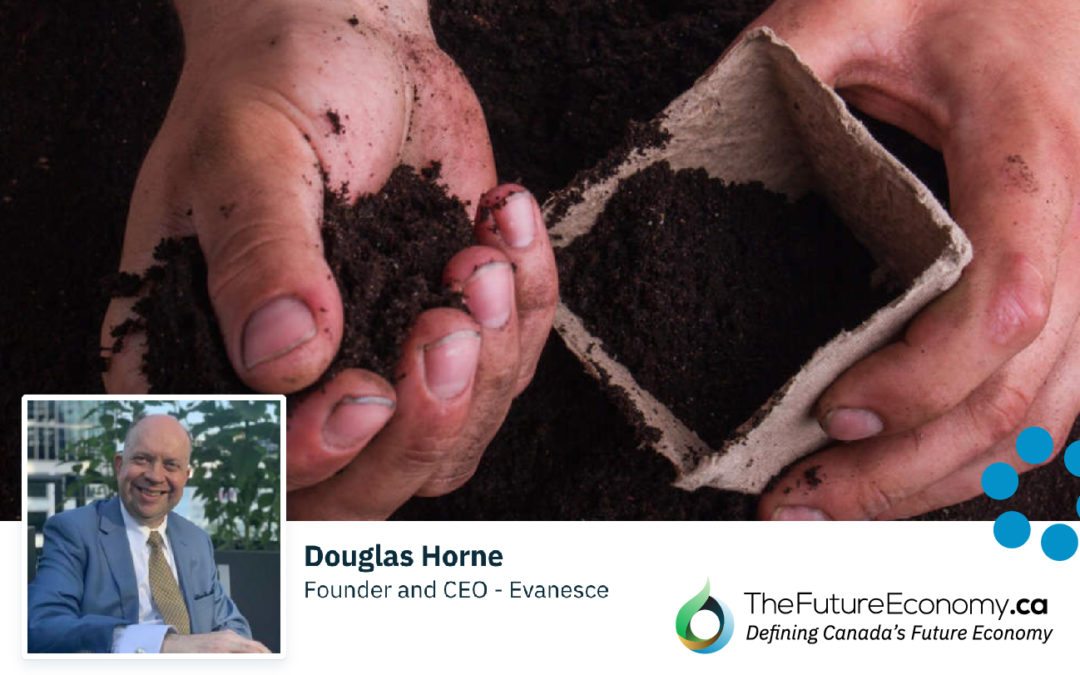Embracing Composting for Economic Growth
In a world grappling with environmental challenges, Canada has a unique opportunity to lead the way in sustainable waste management through composting. This natural, biological process, which transforms organic waste into nutrient-rich soil, is not just about waste reduction—it’s about creating a sustainable future for our economy and environment.
The Environmental and Economic Case for Composting
Food waste is a major contributor to landfill mass in developed nations, including Canada. In landfills, this organic waste releases methane—a potent greenhouse gas—and produces toxic leachate. By diverting this waste to composting facilities, we can convert a significant environmental problem into a valuable resource.
However, Canada faces substantial challenges in harnessing the full potential of composting. The lack of comprehensive infrastructure for organic waste collection and processing remains a significant barrier. Most Canadian cities lack curbside composting services and centralized facilities, hindering the widespread adoption of composting practices.
Innovation and Education: Key Drivers for Change
To address these challenges, Canada must invest in essential infrastructure, such as green bin programs and composting facilities. Public-private partnerships could be instrumental in this regard, fostering innovation in composting technology. Alongside infrastructure development, nationwide education campaigns are crucial to raise awareness and encourage citizen participation in composting efforts.
The economic benefits of a robust composting strategy are substantial. Building and operating composting facilities not only creates jobs and stimulates local economies, but also supports Canada’s agricultural sector. Compost can replace chemical fertilizers, offering a cost-effective and eco-friendly alternative that enhances soil health and crop yields.
Policy Incentives and Future Directions
Policy incentives can also play a vital role in accelerating the adoption of composting. Introducing mandates for organic waste separation programs and offering tax breaks or subsidies could motivate businesses and households to participate. Additionally, landfill taxes or pay-as-you-throw schemes could discourage landfill usage.
Composting: A Vision for Canada’s Sustainable Future
Composting’s under-utilization in Canada is a missed opportunity for both environmental conservation and economic growth. The challenges, while significant, are surmountable with strategic investment, innovation, and policy reform. By prioritizing composting and integrating compostable packaging into its scope, Canada can demonstrate how environmental stewardship and economic prosperity can coexist, paving the way towards a more sustainable and resilient future.
Read the full article on The Future Economy.

